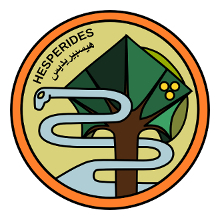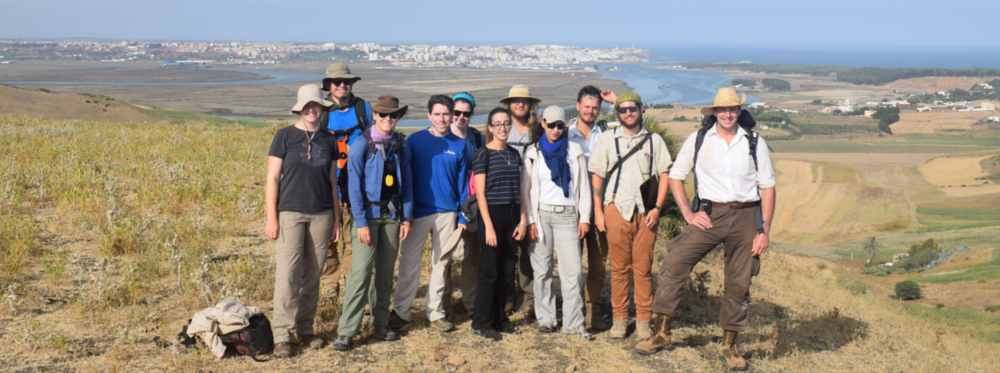The Rural Archaeology of the Loukkos Valley

Project Co-Directors
- Prof. Aomar Akerraz, Institut National des Sciences de l'Archéologie et du Patrimoine
- Prof. Stephen A. Collins-Elliott, University of Tennessee, Knoxville
Description
A joint Moroccan-American (INSAP-University of Tennessee) collaboration, the Gardens of the Hesperides: The Rural Archaeology of the Loukkos Valley comprises a multi-year archaeological project to survey and reconstruct the economic development of the Loukkos river valley, the site of the ancient city of Lixus (near Larache, Morocco)—one of the oldest cities in northwestern Africa, and in classical mythology, one of the purported locations of the Gardens of the Hesperides.
The project brings to light the rural economy which supported the city of Lixus, to assess the contribution of regional economic systems for the city's development. The project is planned in two phases: first, a series of both systematic and extensive surveys to model surface distributions of archaeological materials; second, targeted excavations of small rural sites that have the potential to yield information on both agricultural commodities and seaborne imports. The results will allow for a multivariate model of the ancient economy that reveals the degree to which Lixus was integrated with its hinterland, and, more broadly, how its regional economy developed over the longue durée.
The project has four primary objectives:
- Model rural settlement patterns in the valley of the Oued Loukkos from the Atlantic coast near Larache (Lixus) to El Qsar el-Kebir (Oppidum Novum) from the Iron Age onward.
- Model the exploitation of plant and animal resources around Lixus and the consumption of both terrestrial and maritime commodities, toward reconstructing a holistic picture of the ancient rural economy.
- Determine the impact of the annexation of Morocco by the Roman emperor Claudius and Roman administration after 44 CE on the hinterland around Lixus.
- Compare the evolution of the regional economy of the Ager Lixitanus at a broad level with that of the western Mediterranean, to evaluate the level of integration of Lixus in the Roman Empire.
This project is supported by the University of Tennessee, Knoxville, the Institut National des Sciences de l'Archéologie et du Patrimoine, the Loeb Classical Library Foundation, and the Marco Institute for Medieval and Renaissance Studies.
The survey phase of the project, 2016-2018, has been completed, and finds are currently under study.
The first season of excavation, July 7 - August 3, 2019, has been completed. Contact Stephen Collins-Elliott for more information.
Last updated: August 27, 2019.
